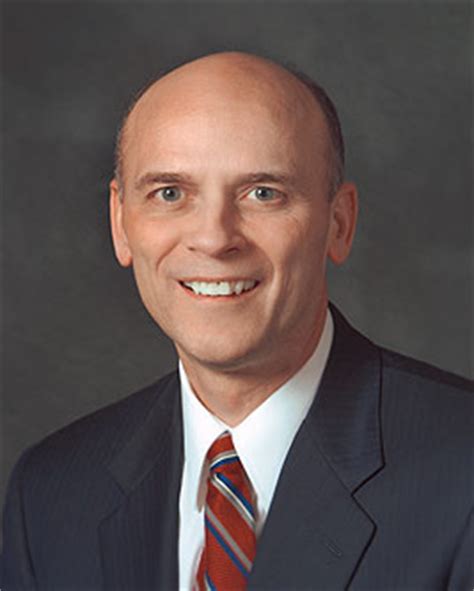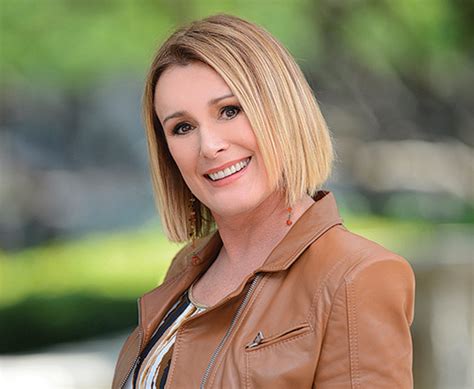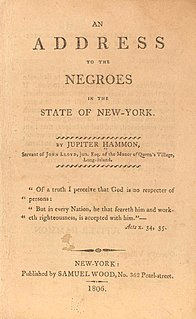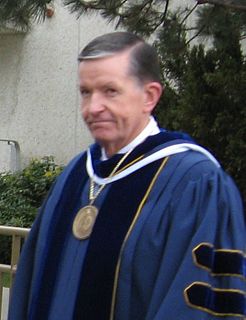A Quote by C. Scott Grow
When we sin, Satan tells us we are lost. In contrast, our Redeemer offers redemption to all—no matter what we have done wrong—even to you and to me.
Related Quotes
Worldviews have four elements that help us understand how a person's story fits together: creation, fall, redemption, and restoration. "Creation" tells us how things began, where everything came from (including us), the reason for our origins, and what ultimate reality is like. "Fall" describes the problem (since we all know something has gone wrong with the world). "Redemption" gives us the solution, the way to fix what went wrong. "Restoration" describes what the world would look like once the repair begins to take place.
Our own theory is that sin was ordained only in view of redemption, and that accordingly redemption shows forth as the gain bound up with sin; in comparison with which there can be no question whatever of mischief due to sin, for the merely gradual and imperfect unfolding of the power of the God-consciousness is one of the necessary conditions of the human stage of existence.
But the reason we have this built-in desire for happiness is because we're created in God's image. He wired us to want to be happy. Unfortunately, we sometimes disassociate happiness from its true source, which is God Himself. Satan tempts us by offering us happiness, because he knows that's what we want. But he offers it in the wrong places, at the wrong times, and in the wrong things.
Every person in the world is by nature a slave to sin. The world, by nature, is held in sin's grip. What a shock to our complacency- that everything of us by nature belongs to sin. Our silences belong to sin, our omissions belong to sin, our talents belong to sin, our actions belong to sin. Every facet of our personalities belong to sin; it own us and dominates us. We are its servants.
The government tells us we need flood control and comes to straighten the creek in our pasture. The engineer on the job tells us the creek is now able to carry off more flood water, but in the process we have lost our old willows where the owl hooted on a winter night and under which the cows switched flies in the noon shade. We lost the little marshy spot where our fringed gentians bloomed.
As we strive to better understand how Jesus sees us and contemplate our own attempts to live as the Redeemer would have us live, let us remember his instructing observations and their universal applications in literally all that we do: "If ye love me, keep my commandments." (John 14:15) and "Inasmuch as ye have done it unto one of the least of these my brethren, ye have done it unto me."
Now I know my Redeemer lives. I know my Redeemer lives. Let all creation testify let this life within me cry. I know my Redeemer. He lives to take away my shame. And He lives forever I'll tproclaim That the payment for my sin was the precious life He gave. But now He's alive and there's an empty grave
































